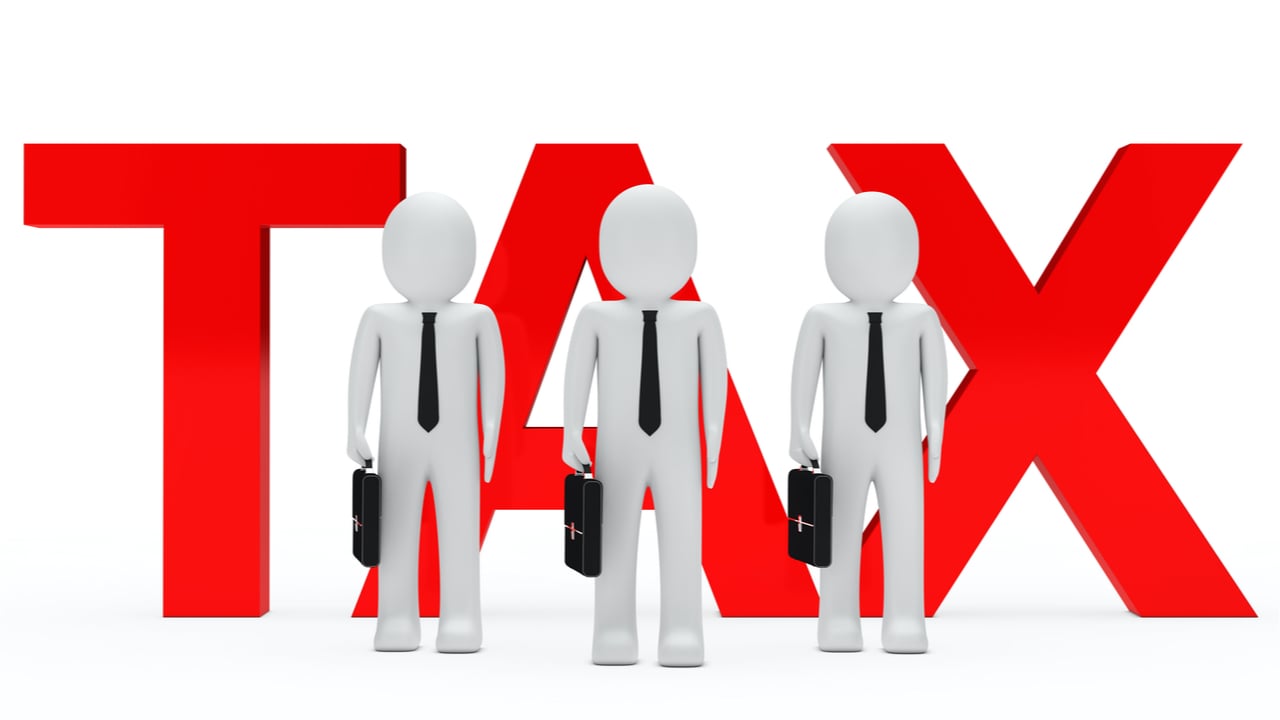
Americans are concerned about new requirements for tax reporting that will require Venmo Cash App and Paypal to send 1099-K forms. U.S. Internal Revenue Service will be focusing specifically on any payments exceeding $600 for services or goods received from a third-party network.
US Residents Think Form 1099-K Will Cause Headaches — IRS Says It’s Important ‘Records Reflect Business Income’
The IRS has a new requirement for third-party payment processors that they send form 1099K to users who are receiving payments exceeding $600 from services or goods. For transactions occurring during 2022, the third party must mail the form to the user electronically or by post. A number of Americans worry about the new rules, which could lead to side hustles or part-time work and income that is below-the-table.
Janet Yellen defended IRS’s push to have US banks report transactions exceeding $600.
Better yet, let her disclose all the speaking fees that she received in excess of $2.5 million from banks over the years.
— conspiracybot (@conspiracyb0t) June 3, 2022
Additionally, cryptocurrency users could be affected by the tax reporting requirements. Specific applications that deal with digital currencies will consider transactions to be payments. Cash App and Paypal allow users to use crypto assets as payment processors. It is the direct result of American Rescue Plan, the IRS’s new rule. This rule represents an important improvement over the old 1099-K rule.
The IRS had oversight of payments above $20,000 made by people using third-party payment apps before the American Rescue Plan was passed. A 1099-K form must also be submitted to users who exceed the $600 limit.
The previous requirement stated that the minimum threshold had to have 200 transactions. Today, the IRS 1099-K summary says “any number of transactions” must be reported if the payment is over $600.
“It is important that your business books and records reflect your business income, including any amounts that may be reported on Form 1099-K,” the U.S. tax agency’s website notes. “You must report on your income tax return all income you receive from your business.”
Tax Foundation Analyst Says Tax Requirement’s ‘Administrative Burden Is a Pain’
Americans freelancing in third-party payment platforms and the gig economy are worried that their work could be taxed by the IRS. “I love being freelance but a big part of why I love it is I can pocket extra money when I decide to work extra hours,” a childcare worker told the New York Post on Thursday.
Pretty messed up, considering the new irs law where if you make $600 via online transactions you have to pay tax on it, so getting paid back from friends when splitting the bill will be considered “income” and youre about to get touble taxed on everything pic.twitter.com/4n6yUWmAlP
— Brian Farley (@BFar0320) June 9, 2022
Bloomberg spoke with an anonymous seller of thrift clothing who said that the new rules would cause headaches. According to the anonymous person, she earned approximately $15K annually selling her old clothes on Depop and Ebay. She’s concerned the new 1099-K requirement will make it so she has “to track everything.”
IRS is looking into how much you spend $600 on a US Navy aircraft carrier.
— Libertarian Party OH (@LPOhio) June 5, 2022
Alex Muresianu of the Tax Foundation stated that the IRS tax obligation will cause a lot of headaches. “The administrative burden of figuring out taxes for something like that is such a pain, some people may decide it is just not worth it,” Muresianu said. “And I doubt the IRS is going to be making a lot of revenue on taxing people’s $10,000 side hustle.”
How do you feel about the new $600 threshold and 1099-K rules? Comment below and let us know how you feel about the subject.
Images CreditsShutterstock. Pixabay. Wiki Commons
DisclaimerThis article serves informational purposes. It does not constitute an offer, solicitation, or recommendation of any company, products or services. Bitcoin.com is not a provider of investment, tax, legal or accounting advice. The author and the company are not responsible for any loss or damage caused or alleged caused by the content or use of any goods, services, or information mentioned in the article.